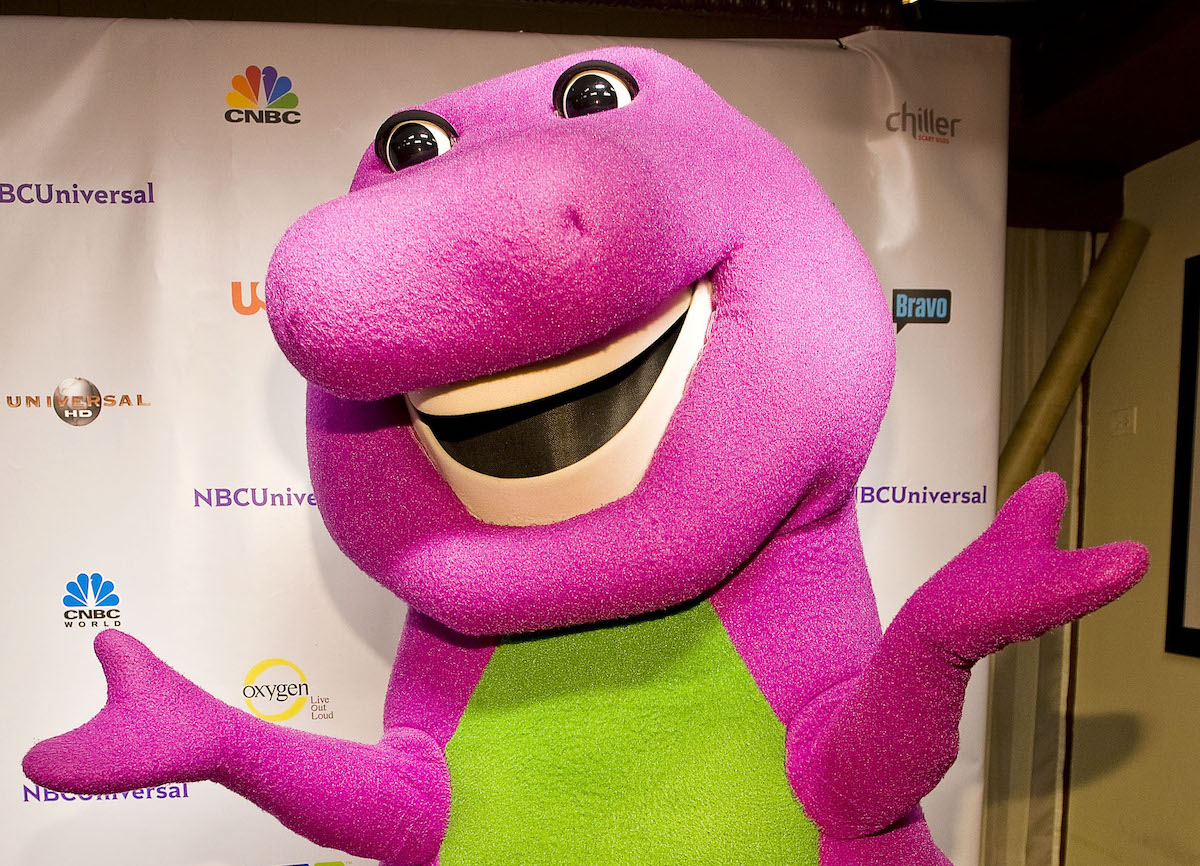A college professor claims that some of the hate against Barney the Dinosaur is due to men rebelling against an alternate version of masculinity and being homophobic.
There have been multiple articles and documentaries on the topic of the public backlash against the popular cartoon from the 1990s. These latest statements were made on a new podcast episode in the series “Generation Barney,” which takes a look at the history of the show and its reception.
“Understanding particularly why adult men didn’t like Barney reveals a lot about gender and power in our current society. There were women who didn’t like Barney, but the high-profile hate was really coming from men,” podcast host Sabrina Herrera says in the episode titled, “Love 2 Hate.”
“He offered up a different model for masculinity, even as a purple dinosaur and not a human. This message about love, about nurturing, about looking after others, that these are emotions and also sort of social practices and responsibilities that in our culture are constructed and understood to be sort of feminine and feminizing,” Dr. Emily Contois, a media studies teacher at the University of Tulsa, replied.
MATT WALSH’S ‘AM I RACIST?’ NOW STREAMING ON DAILYWIRE+
“Barney could be understood as resisting that, pushing back against that, offering a different model of sexuality and gender and size all coming together. And so for some of these men who reacted very poorly to him, that could be a piece of their reaction,” the professor continued.
Dr. Contois added, “A part of that white masculine sort of set of authorities is also this incredible resistance to homosexuality.”
The “Barney & Friends” series was based on a friendly purple and green Tyrannosaurus rex character and a cast of children who went on adventures, enjoying songs, dances, and games that made learning fun. The show debuted in 1992 and was extremely popular with young children of that generation.
Bob West, the original voice actor for Barney, recalled getting death threats for playing the character. “There were certain things, certain messages that people would send that were pretty threatening,” he said during last week’s episode of the same podcast.
“If you get a death threat from a middle school child who sends you an email, then it doesn’t make me feel bad for me. It makes me feel bad for them because they’re obviously going through something that’s leading them [to] act out this way,” he went on, per People.

